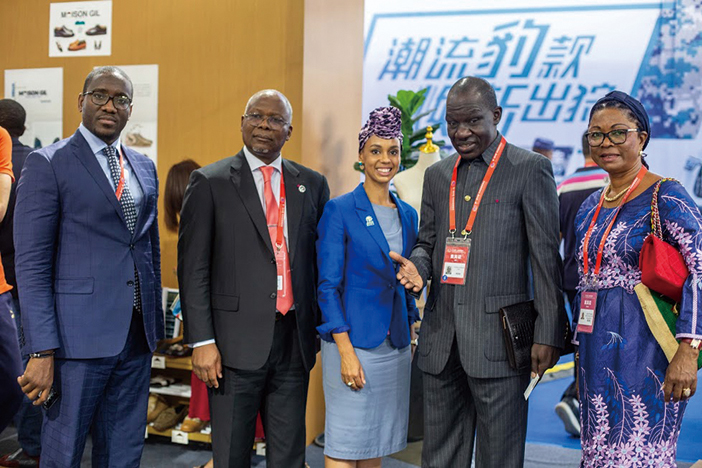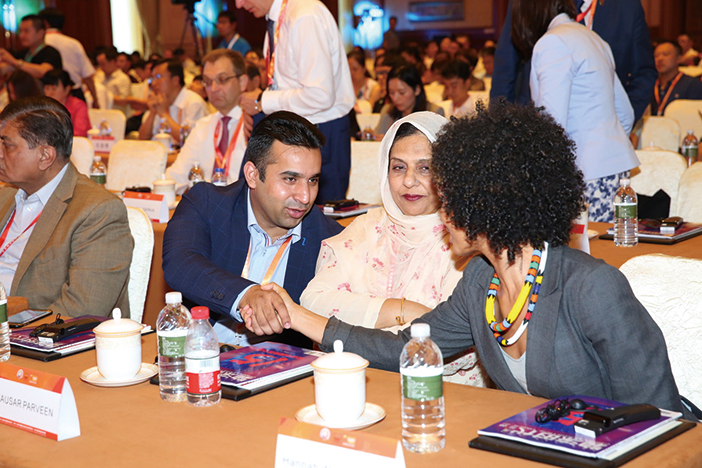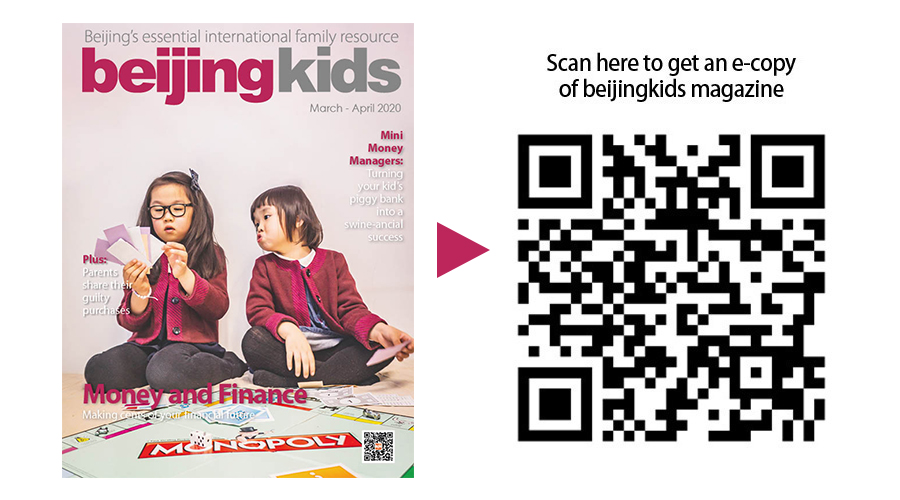It has become common-place for Chinese entrepreneurs to start, or take over, businesses all across the world. Folks like Jack Ma, who took advantage of the dot com boom in the 90s and early 00s, are household names as Chinese brands now translate to global success. Ultimately, it is accepted that this success is due to the Chinese government’s support for Chinese-born entrepreneurs, who are further bolstered by policies which encourage global growth.
Whereas China’s entrepreneurial dreams of conquering the world seem anything but daunting, those of outsiders trying to infiltrate the Chinese market prove an uphill climb. Many a foreign investor and entrepreneur have decried the rather uncertain conditions with which one has to contend when starting a business in China. Though many Western behemoths such as Starbucks, Nike, and other high-end brands have successfully set up camp in the heart of Chinese commerce, it suggests that success only comes to large, established companies.

Not so says Hannah Ryder, a British-Kenyan entrepreneur based in Beijing. Her consultancy company, Development Reimagined, is one of many companies not only started but fully owned by African-born entrepreneurs. Unfortunately, what often stops people like Ryder from opening up businesses is the now-defunct policy that required foreigners to have a Chinese partner in order to set up shop.
“Not many Africans know that you can set up a wholly-owned foreign enterprise in China without any Chinese partnership,” explains Ryder. “People still think that China has the rules of 2001, which dictated that you had to have at least 50 percent of any business under Chinese ownership.”
Development Reimagined was created with the intention of thinking of development in new and innovative ways. “My personal feeling is the developing world continues to be stuck in the sense that aid is really important, and there’s a need for humanitarian disasters to be tackled here and there, but people are still not coming out of poverty.”
 After growing up in Nairobi for the first ten years of her life, Ryder’s parents move her and the rest of the family to the UK for the sake of their education. That is where she did her high school and university level studies, before becoming a civil servant with the British government, working in environmental ethiculture and environmental issues, as well as international development.
After growing up in Nairobi for the first ten years of her life, Ryder’s parents move her and the rest of the family to the UK for the sake of their education. That is where she did her high school and university level studies, before becoming a civil servant with the British government, working in environmental ethiculture and environmental issues, as well as international development.
Like most Kenyans, Ryder was exposed to the stark contrasts of wealth and social mobility between the UK versus her country. Recounting trips to visit her grandparents in Narumoru, a town at the foot of Mount Kenya, she remembers encountering bad roads, lack of electricity, and no running water. As such, Kenya is a sort of poster child for countries with great developmental potential, but a citizenry stuck in the revolving door of aid and poverty, never fully able to escape the trap.
As a consultancy business, Development Reimagined searches for new ideas on how to escape that poverty trap, and help organizations across the globe strategize, evaluate, and design new programs and solutions.

“The reason why we are in China is because China is the country that has been most successful in eradicating poverty over the last 40 or so years, and it’s important to learn from that and to understand what that process is, bringing that understanding to other tools such as aid,” Ryder explains.
Similarly, unlike most countries that try to eradicate poverty by way of aid, China has done so through a whole range of transformational policy structures. According to Ryder, “That is one of our top values, that aid isn’t the only answer to development.”
But like most entrepreneurs looking to open a start-up in the Chinese market, she was in a bit of a bind. Yes, there was a need for the services she was looking to provide, but how did one go about setting up a business when it was not a Fortune 500 company?
“Whatever people think about entering and setting up a business in China, until you do it you have zero idea of what that really means and its challenges,” says Ryder, adding that finding the right agent to help her set up her business was quite a hurdle, in and of itself.
 Other steps were a bit easier though. For instance, in order to obtain a registered commercial address, Ryder relied on a new global trend in which companies utilize coworking spaces.
Other steps were a bit easier though. For instance, in order to obtain a registered commercial address, Ryder relied on a new global trend in which companies utilize coworking spaces.
Thankfully, according to Ryder, when it comes to acquiring a work permit and necessary documentation to start your business, Chinese bureaucracy does not discriminate. However, she notes that while trying to make conversions for student visas to internships, or inviting people over for business and conferences from Africa, her company seems to be at a disadvantage.
“When there are issues, for example, some new legislation that’s going to affect African business operations here, we have no one who is able to advocate on our behalf, or lobby government on our behalf, which is a normal function of business across the world – to be able to lobby government,” laments Ryder.
One might think this means a grim future for Sino-African relations, or African businesses established in China. However, Ryder again says this is not the case. All businesses, and indeed business owners, are treated equally under Chinese regulations.

Aside from her role in Beijing’s professional scene, Ryder is also the founder of Safari Time, a community initiative that introduces young children to songs from all around the world and encourages learning through nursery rhymes.
“I started [Safari Time] just because I saw that nobody else was doing it, and I had known that in the UK, if you go to the public library, they have these things for free that people can just drop into, very flexible,” explains Ryder.
Safari Time got its humble beginnings at the now-closed Bookworm, and though its initial home is shuttered, the group still regularly meets, much to the delight of the attendant expat families who are happy to have a point of engagement with other families and help their children experience a multi-cultural upbringing to the full.
Needless to say, it is clear that nothing will soon slow down this loving mom, wife, and entrepreneur, as she not only helps stimulate the young minds of Beijing but also growing businesses and business policies around the world.

KEEP READING: Entrepreneur Ashley Soh on Managing Her Time with Singapore-Based Kids
 This article appeared in the beijingkids 2020 March – April issue
This article appeared in the beijingkids 2020 March – April issue




